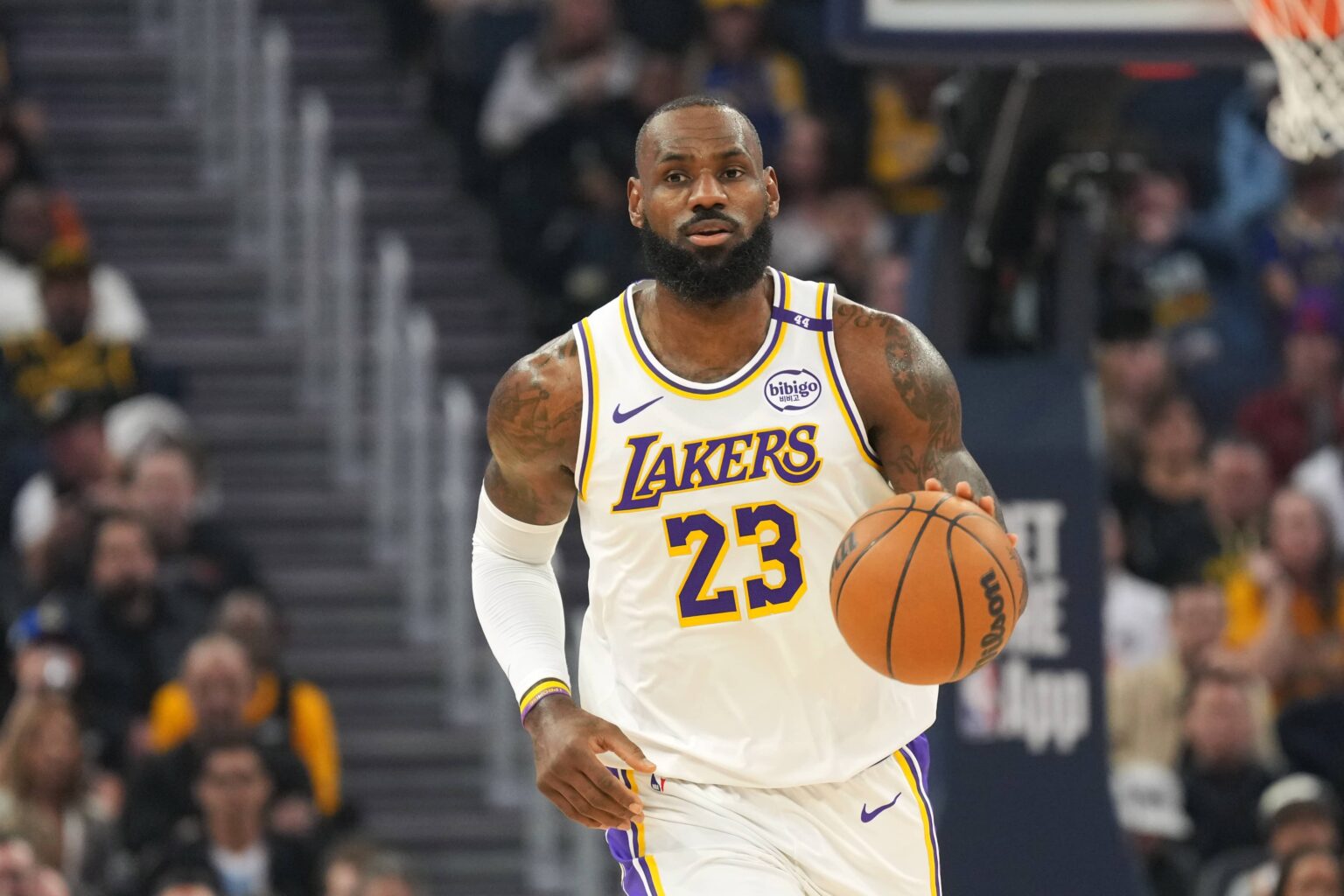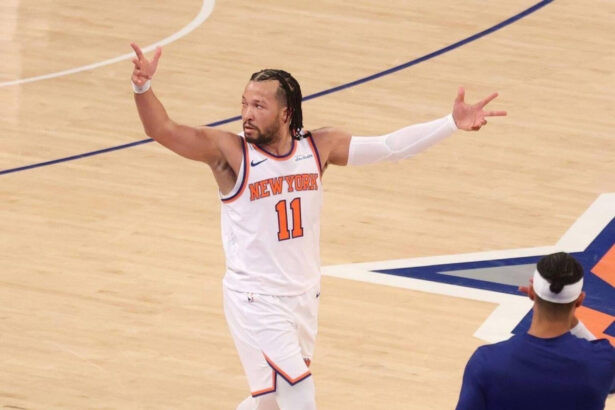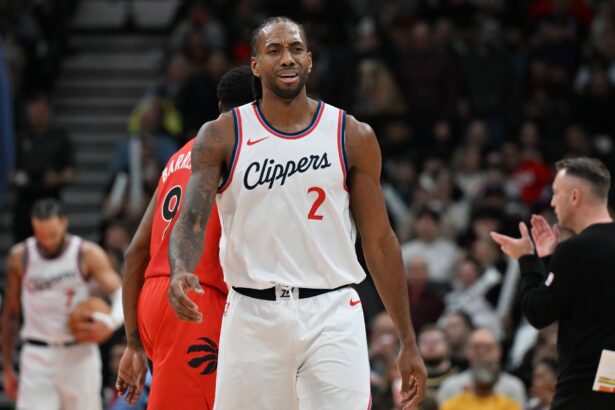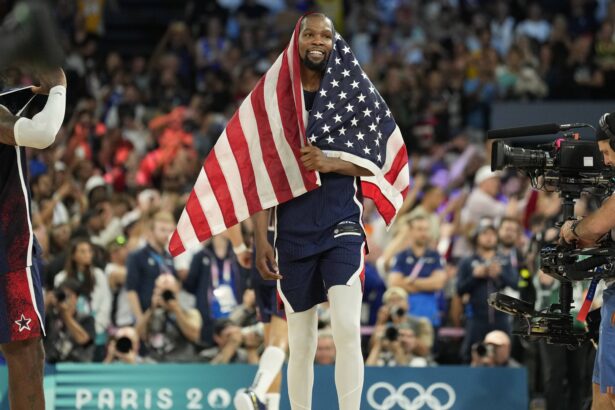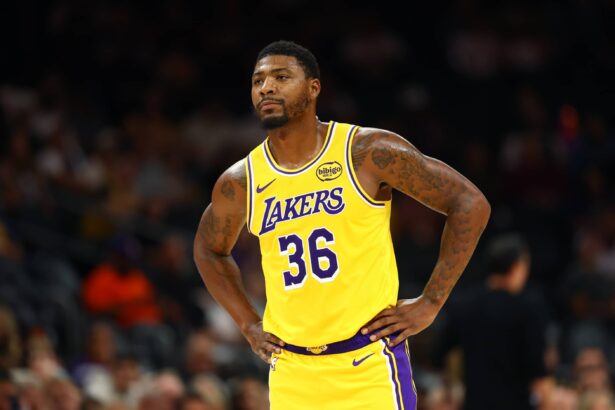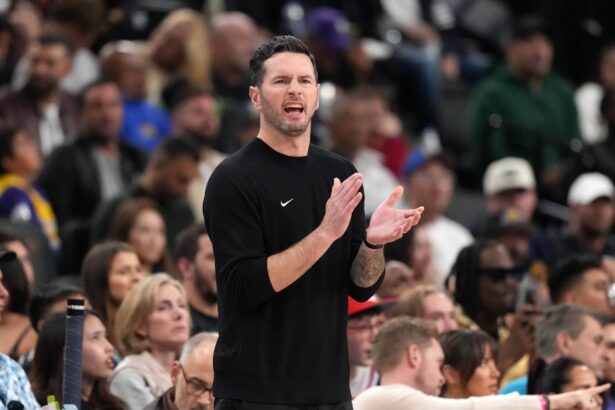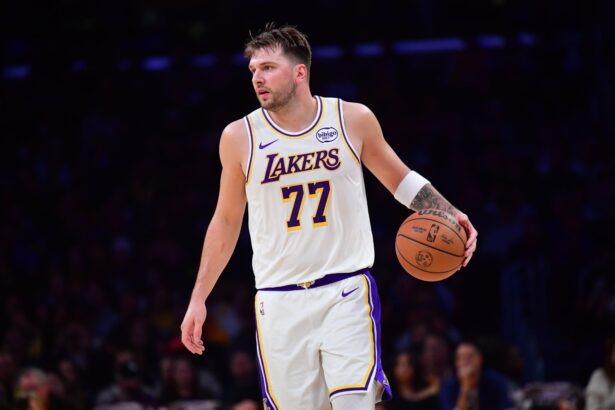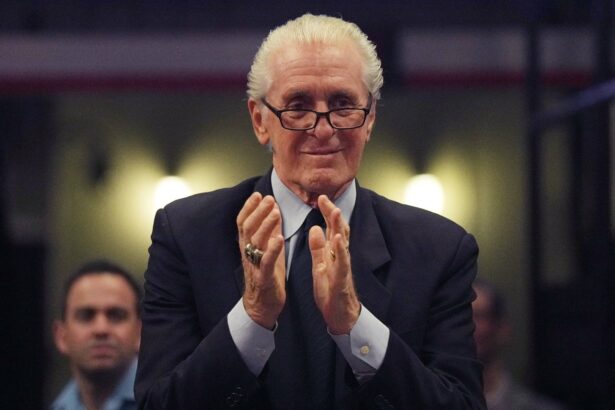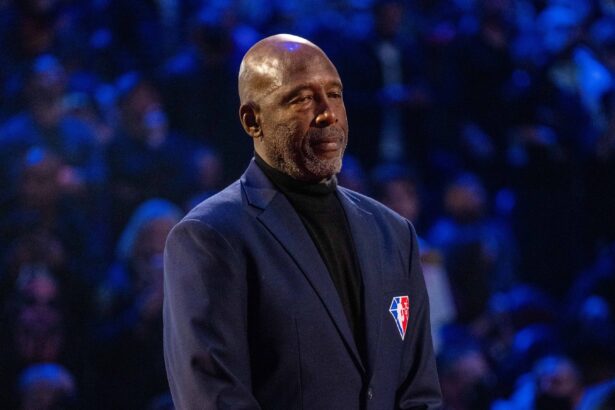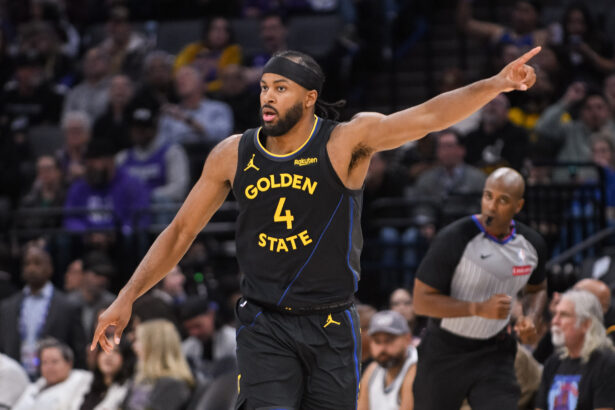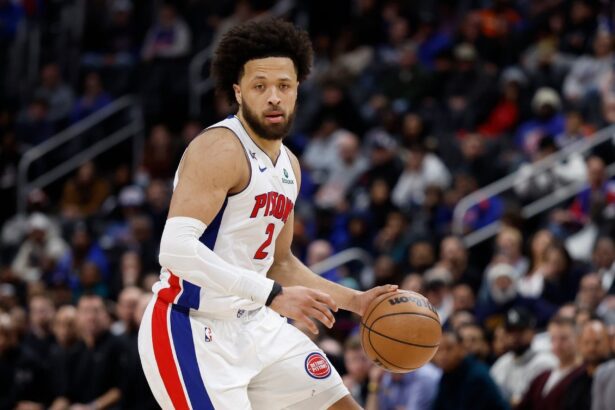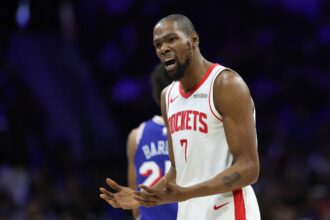On the latest episode of Mind the Game, LeBron James and Steve Nash engaged in a powerful and reflective conversation about the evolution of basketball and the often overlooked architects of the modern NBA.
LeBron, in particular, took a moment to spotlight Nash and former Phoenix Suns head coach Mike D’Antoni for the revolutionary style of basketball they helped usher into the league long before it became the norm.
“I don’t think that you—and I don’t think that Mike gets enough credit for revolutionizing the game to where it is today. You know, they always talk about players, they talk about how transcendent a player can be. You know, Magic and Bird and, you know, Shaquille O’Neal and Kobe and Michael and Steph Curry.”
As LeBron named the iconic figures most often credited with reshaping the sport, Nash interjected humbly:
“Yourself.”
LeBron nodded and acknowledged the compliment before bringing the focus back to his co-host:
“Yourself… I don’t think that you and, first of all, your style of play—how you and D’Antoni mirrored so easily to transcend the game—that is the game today. You guys were before your time. The true essence of being before your time.”
It was a poignant moment of mutual admiration, but also a much-needed history lesson for younger fans who may not fully appreciate how much the Phoenix Suns teams of the mid-2000s changed the way basketball is played.
The “Seven Seconds or Less” offense was revolutionary. With Nash at the helm, D’Antoni’s Suns prioritized pace, spacing, and three-point shooting, tenets that have become gospel in today’s league. Before Golden State made small ball mainstream or the Rockets leaned fully into analytics, it was Nash and D’Antoni pushing the boundaries of tempo, transition, and ball movement.
Nash gave some important context to how timing and rule changes played a role in that evolution.
“Well, I think it was right at the right time because the rules were changing too. You couldn’t have two hands on a guy anymore. You know, when I came in the league you could like literally hold a guy’s hip and chuck him.”
Those rule changes meant to open up the floor and increase scoring happened right as Nash hit his prime, and he maximized that opportunity to deliver MVP seasons while showing the league what was possible when freedom of movement met elite passing and shooting.
As they reflected on other transformative players, LeBron name-dropped several icons: Magic Johnson and Larry Bird, who brought flair and finesse to the ’80s. Michael Jordan, who turned isolation dominance into an art form.
Shaquille O’Neal, who physically dominated the game. Kobe Bryant, who redefined the scoring guard. Steph Curry, who reimagined what range and shot selection could look like.
But this episode was ultimately about shining a light on the visionaries who didn’t always fill the box score, but who reshaped how teams think about pace, flow, and creativity. And in doing so, LeBron ensured that Steve Nash and Mike D’Antoni’s names will remain etched in the DNA of the modern NBA.

